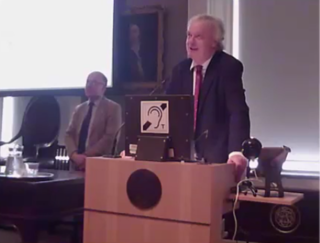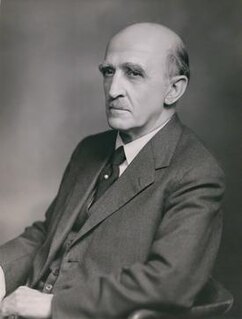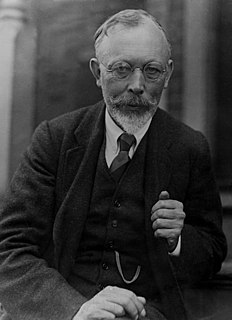 W
WJohn Aubrey was an English antiquary, natural philosopher and writer. He is perhaps best known as the author of the Brief Lives, his collection of short biographical pieces. He was a pioneer archaeologist, who recorded numerous megalithic and other field monuments in southern England, and who is particularly noted as the discoverer of the Avebury henge monument. The Aubrey holes at Stonehenge are named after him, although there is considerable doubt as to whether the holes that he observed are those that currently bear the name. He was also a pioneer folklorist, collecting together a miscellany of material on customs, traditions and beliefs under the title "Remaines of Gentilisme and Judaisme". He set out to compile county histories of both Wiltshire and Surrey, although both projects remained unfinished. His "Interpretation of Villare Anglicanum" was the first attempt to compile a full-length study of English place-names. He had wider interests in applied mathematics and astronomy, and was friendly with many of the greatest scientists of the day.
 W
WHenry Octavius Coxe was an English librarian and scholar.
 W
WJulia Catherine Crick, is a British historian, medievalist, and academic. She is Professor of Palaeography and Manuscript Studies at King's College London.
 W
WChristopher Francis Rivers de Hamel is a British academic librarian and expert on mediaeval manuscripts. He is a Fellow of Corpus Christi College, Cambridge, and former Fellow Librarian of the Parker Library. His book Meetings with Remarkable Manuscripts is the winner of the Duff Cooper Prize for 2016 and the Wolfson History Prize for 2017.
 W
WSir Charles Hilary Jenkinson was a British archivist and archival theorist, regarded as the figure most responsible for bringing continental European concepts of archival theory to the English-speaking world.
 W
WKirsopp Lake was an English New Testament scholar, Church historian, and Winn Professor of Ecclesiastical History at Harvard Divinity School. He had an uncommon breadth of interests, publishing definitive monographs in textual criticism of the New Testament, Greek palaeography, theology, and archaeology. He is probably best known for the massive five-volume work The Beginnings of Christianity—an edition, translation, commentary, and study of the Acts of Apostles—that he conceived and edited with F. J. Foakes-Jackson and, among palaeographers, for the 10-volumes series of Dated Greek Manuscripts to the year 1200—edited with his second wife, Silva New—, one of the leading repertoires of facsimiles of Greek manuscripts.
 W
WJohn Strugnell became, at 23, the youngest member of the team of scholars led by Roland de Vaux, formed in 1954 to edit the Dead Sea Scrolls in Jerusalem. He was studying Oriental languages at Jesus College, Oxford when Sir Godfrey Rolles Driver, a lecturer in Semitic philology, nominated him to join the Scrolls editorial team.
 W
WSir Edward Maunde Thompson was a British palaeographer and Principal Librarian and first Director of the British Museum. He is also noted for his study of William Shakespeare's handwriting in the manuscript of the play Sir Thomas More.
 W
WHumfrey Wanley was an English librarian, palaeographer and scholar of Old English, employed by manuscript collectors such as Robert and Edward Harley. He was the first keeper of the Harleian Library, now the Harleian Collection.